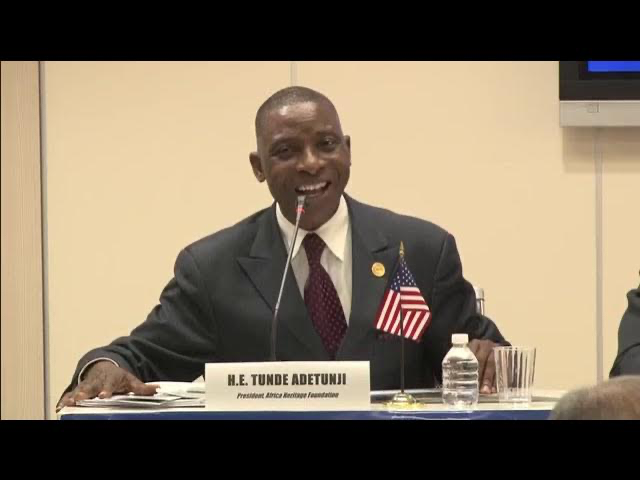As Nigeria grapples with economic challenges caused by fiscal and monetary instability, experts have identified patriotism and the active involvement of Nigerians in the diaspora as key to the nation’s economic recovery.
The Chief Executive Officer of the African Heritage Foundation, Tunde Adetunji, emphasized this while delivering a paper titled “Brain Drain to Brain Gain: The Role of the Media in Shaping Nigeria’s Narrative” at a workshop sponsored by the Nigeria Employers’ Consultative Association (NECA) for business editors in Ikeja, Lagos.
Adetunji attributed Nigeria’s economic struggles to greed, corruption, and a lack of patriotism, urging citizens at home and abroad to contribute to the country’s development.
Adetunji called on leaders to embrace transparency and accountability while shunning corruption, stating these principles are the foundation of successful nations.
He encouraged Nigerians to learn from countries like China and India, whose citizens acquired education and skills abroad and returned to transform their home economies.
“China has become the industrial hub of the world, Japan excels in technology, and India has made remarkable advancements—all because their citizens worked abroad, gained expertise, and returned to develop their countries,” Adetunji explained.
“Nigerians in the diaspora are critical to our economic prosperity. The government must also create an enabling environment to attract their investments and participation.”
He argued that true success is not just about acquiring certificates but about creating jobs, impacting lives, and contributing to national development.
Adetunji also encouraged Nigerian youths to participate in governance to reshape the country’s future.
“Nations that Nigerians aspire to migrate to were built by their citizens—both at home and abroad—through patriotism. We must embrace the same spirit,” he said.
Africa is rich in natural resources but lacks the human resources to maximize them, Adetunji noted.
He highlighted the need to reverse brain drain by tapping into the diaspora’s expertise, just as countries like China, Japan, and India have done. “Population is an asset, and Africa must harness this advantage to fuel economic growth,” he added.
On his part, NECA’s Director-General, Adewale Smatt Oyerinde, stressed the importance of collaboration among entrepreneurs in both formal and informal sectors.
He noted that while competition can drive progress, collaboration is essential for sustainable business growth.
“Collaboration is the future of business,” Oyerinde said.
“NECA has been the voice of employers since 1957, engaging with the government on behalf of businesses. We remain committed to fostering partnerships and providing training to empower employers.”
He pledged that NECA would strengthen its relationships with the media to raise awareness about its activities and their impact on business development.
The President of the Association of Business Editors of Nigeria (ABEN), Gabriel Omoh, commended NECA and the African Heritage Foundation for their contributions to the workshop.
He noted that the training would broaden participants’ understanding of NECA’s operations and the role of developmental journalism in addressing issues like brain drain.
Omoh assured NECA of ABEN’s commitment to partnering on initiatives that promote economic development and enhance business reporting in Nigeria.



